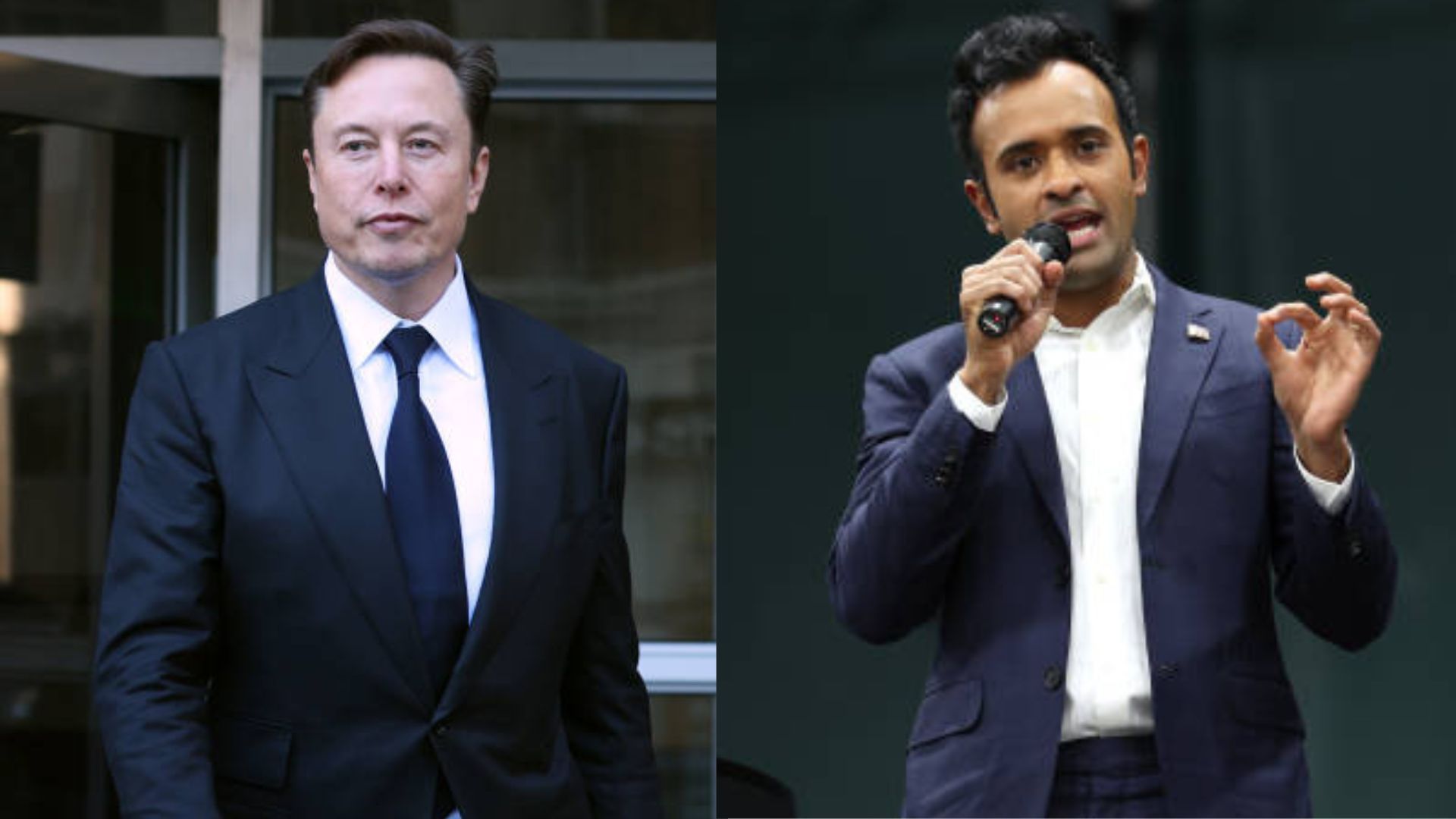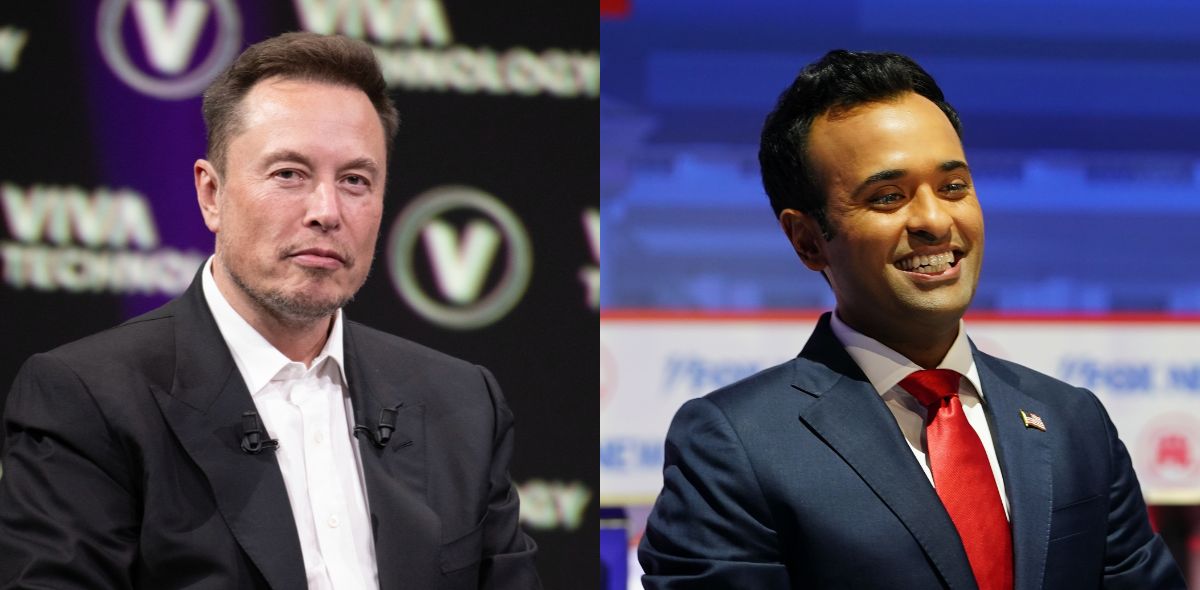



On November 23, 2024, President-elect Donald Trump nominated Russell Vought as the Director of the Office of Management and Budget (OMB), marking Vought's return to a role he previously held during Trump's first term. Trump praised Vought for his successful efforts in reducing regulations and cutting costs, emphasizing his aggressive approach to fiscal management [ec040068]. Vought expressed gratitude for the nomination, noting that there is 'unfinished business' to address [ec040068].
This nomination comes as Trump continues to push his America First Agenda, aiming to restore fiscal sanity within the federal budget. Vought's leadership at OMB is expected to align closely with the recently announced Department of Government Efficiency (DOGE), which Trump established to target wasteful spending across the federal government [ec040068]. DOGE, co-led by Elon Musk and Vivek Ramaswamy, aims to achieve $500 billion in annual cuts and is set to conclude by July 4, 2026, coinciding with the 250th anniversary of the United States [b0108282].
Musk and Ramaswamy's ambitious plans under DOGE include eliminating numerous federal jobs and agencies, with Ramaswamy proposing a 50% reduction in federal employment within the first year. He has criticized the current federal workforce and highlighted the need for significant reforms to enhance accountability and efficiency [2b2bb49d]. Meanwhile, Vought's experience in budget management could play a crucial role in supporting these initiatives, as he is recognized for his ability to implement aggressive cost-cutting measures [ec040068].
As the DOGE initiative unfolds, it will be essential to monitor how Vought's strategies at OMB will complement Musk and Ramaswamy's efforts to streamline government operations. The combined focus on reducing the federal budget and eliminating wasteful spending reflects a broader strategy to reshape the federal landscape [ec040068]. However, challenges remain, as the regulatory state is deeply entrenched, making substantial cuts difficult [b414df6e].
Public sentiment regarding these sweeping changes is mixed, with concerns about job losses and the implications for federal employees. Vought's return to OMB may provide the necessary leadership to navigate these challenges effectively, ensuring that the administration's goals align with fiscal responsibility and efficiency [ec040068].